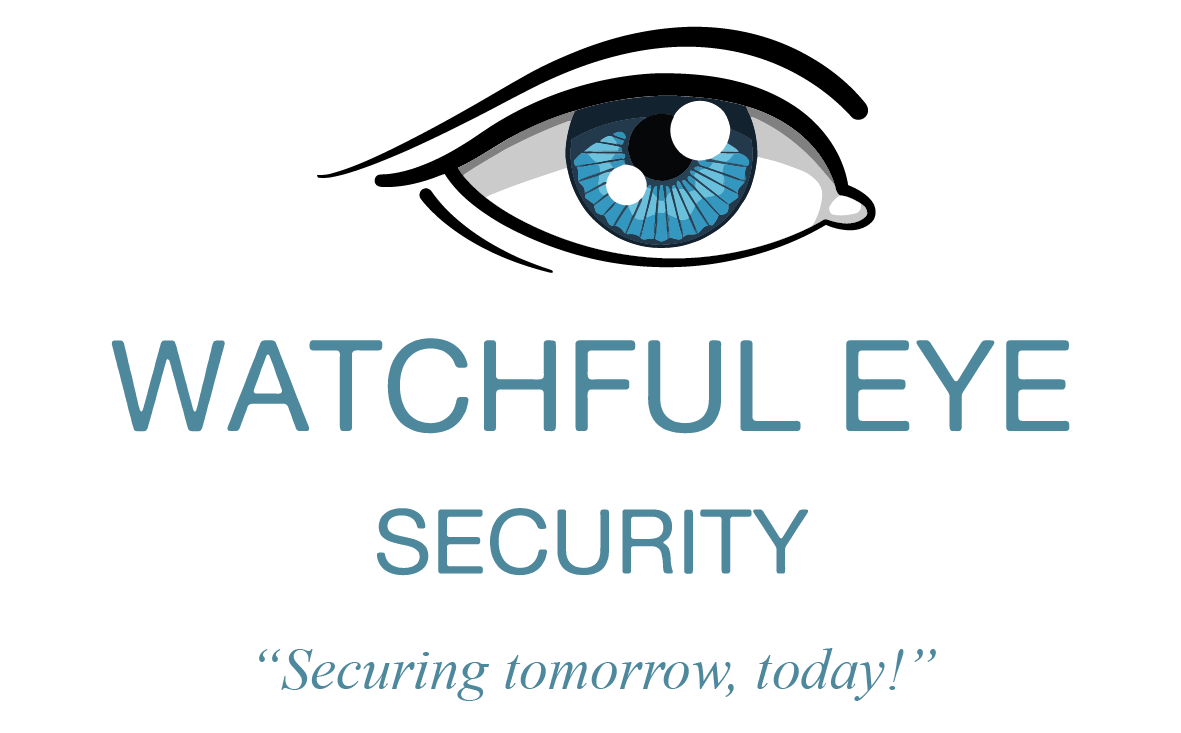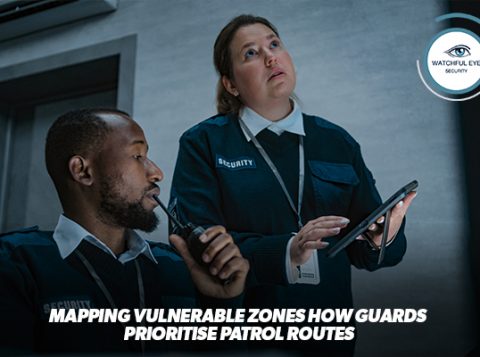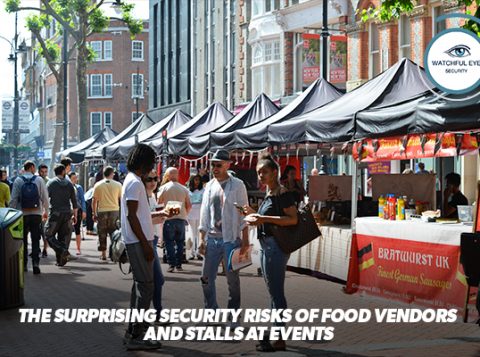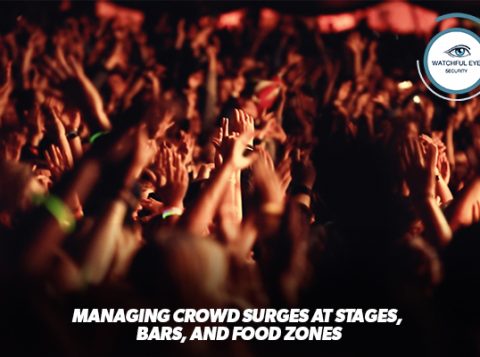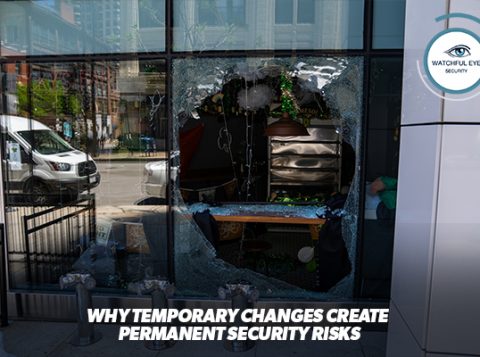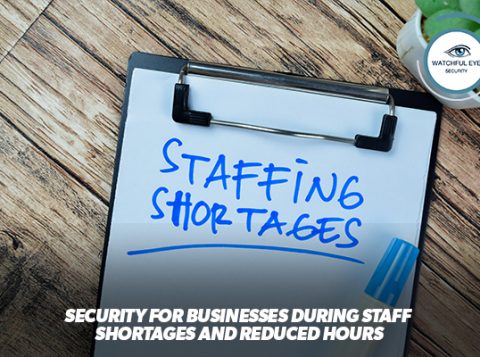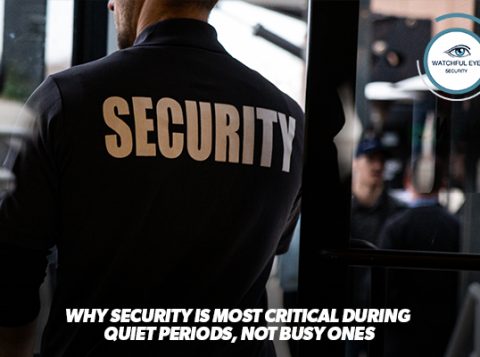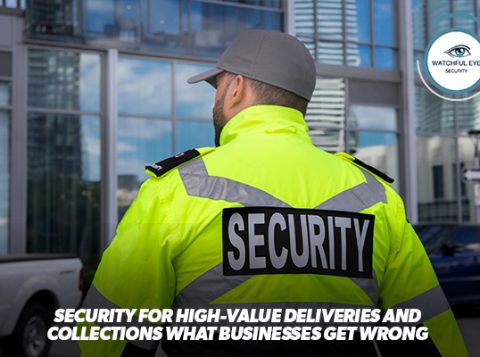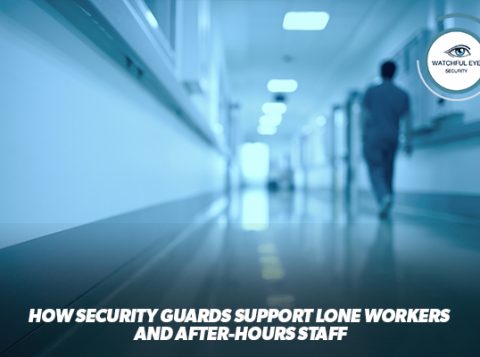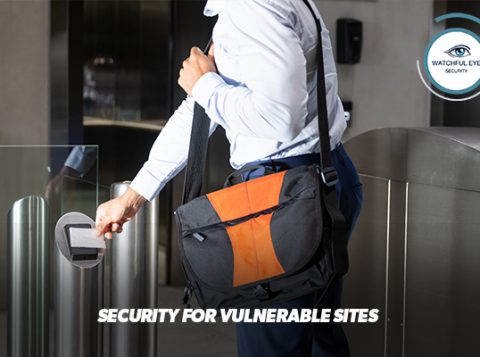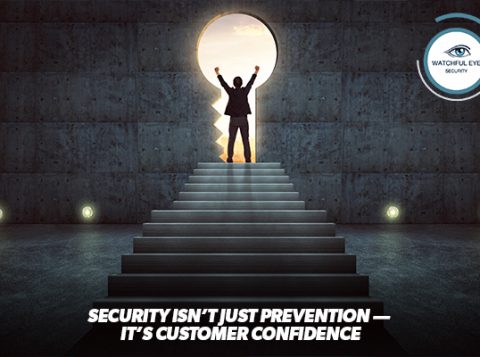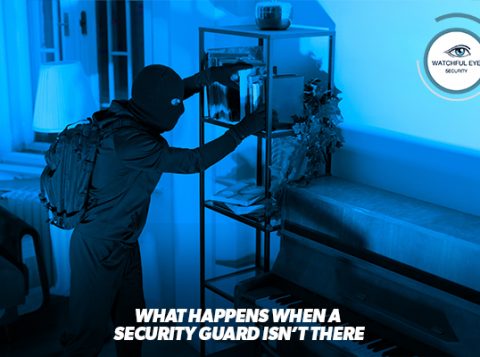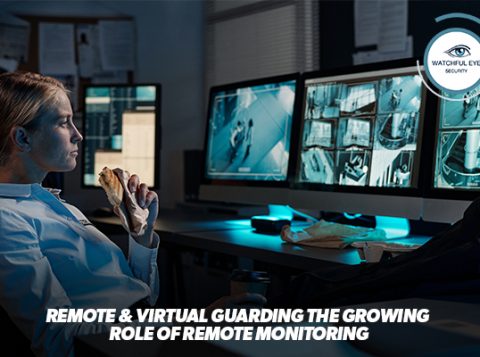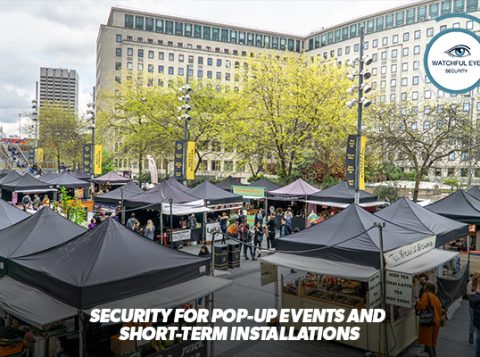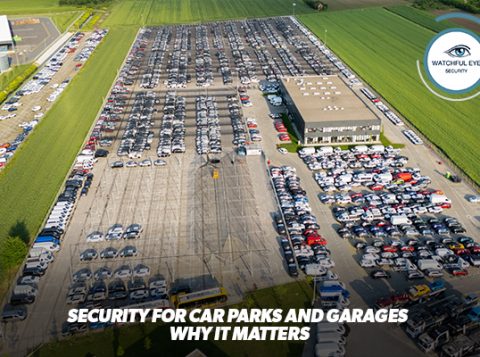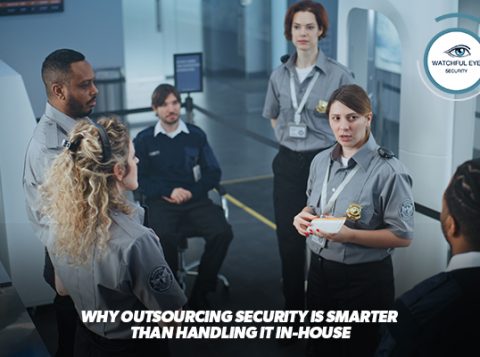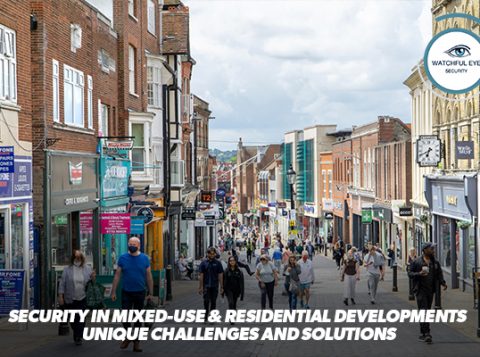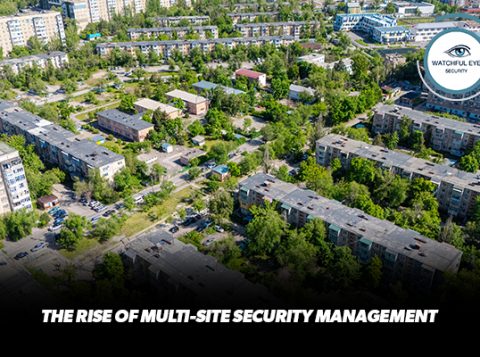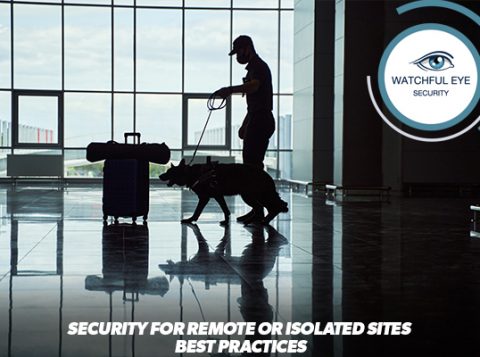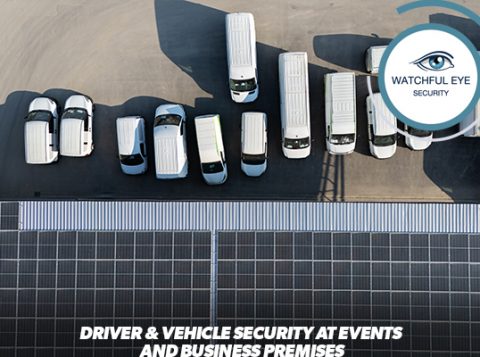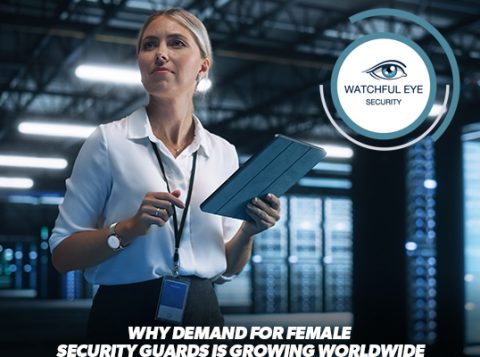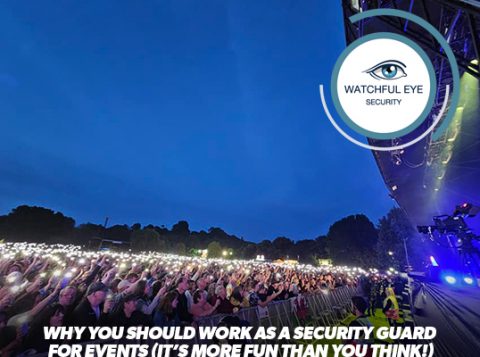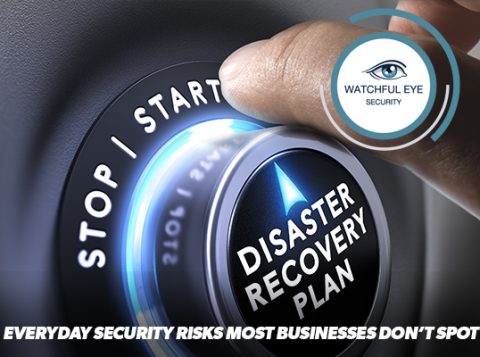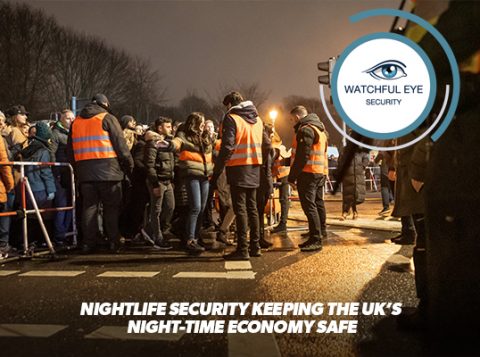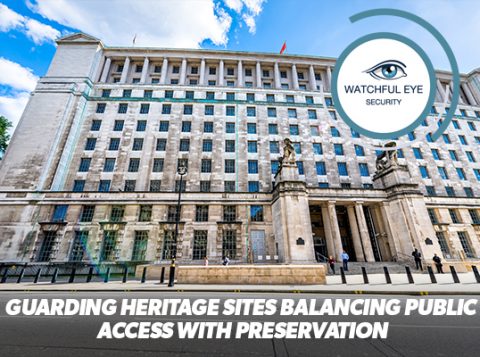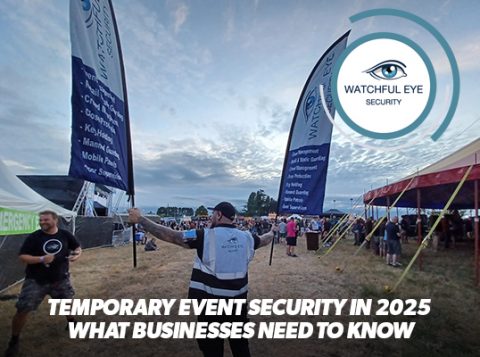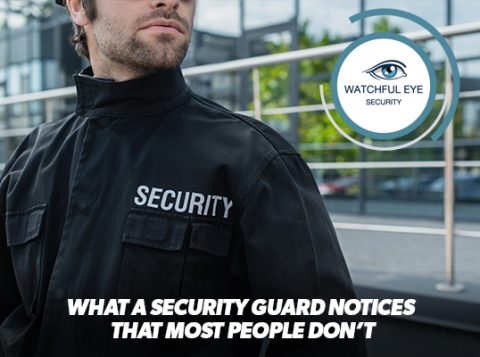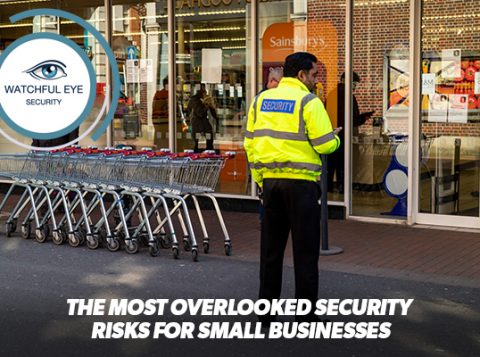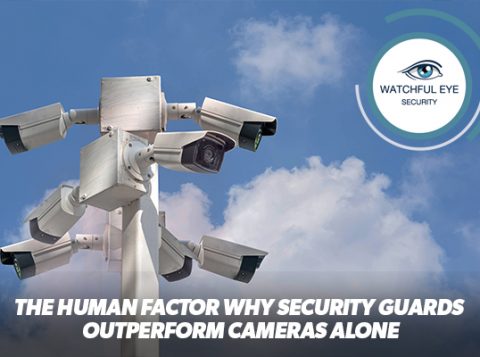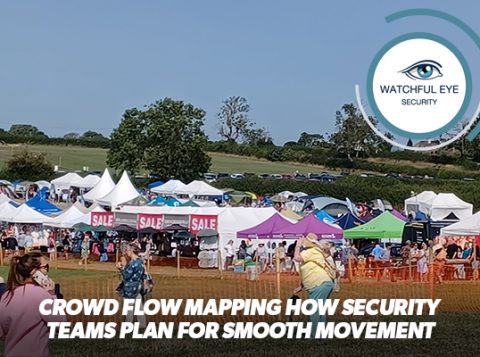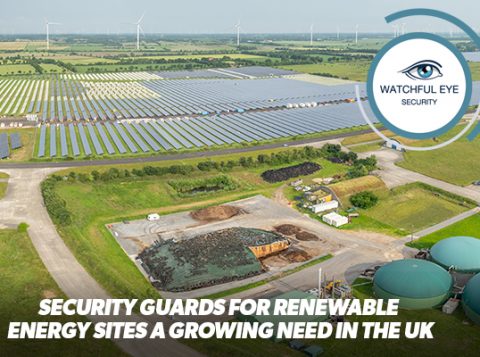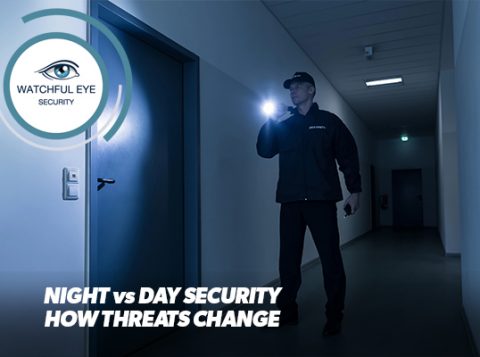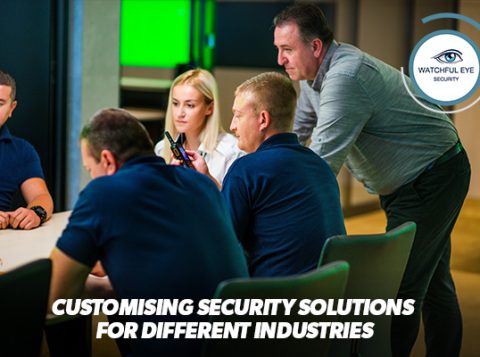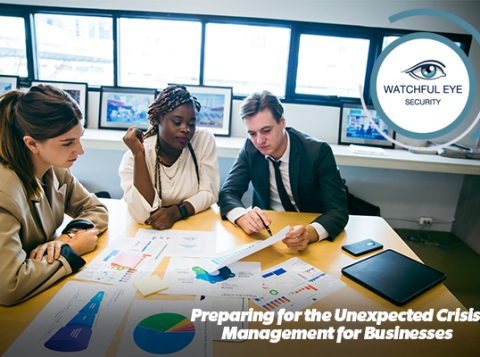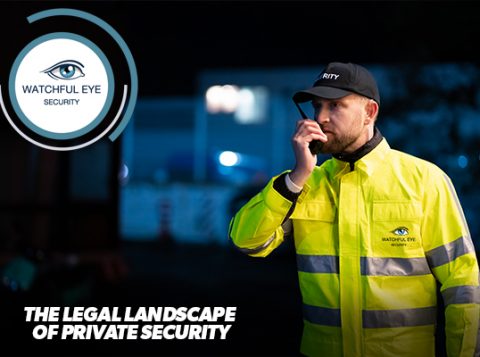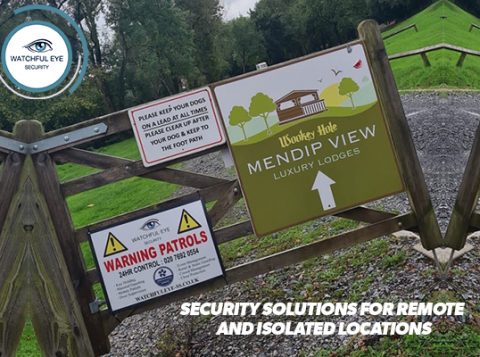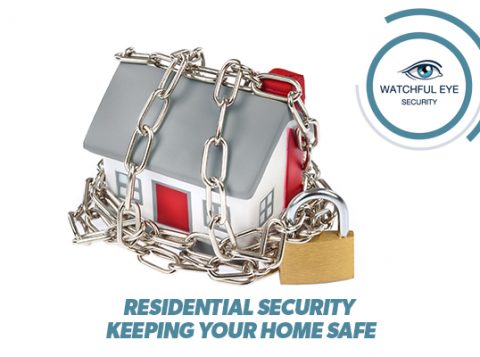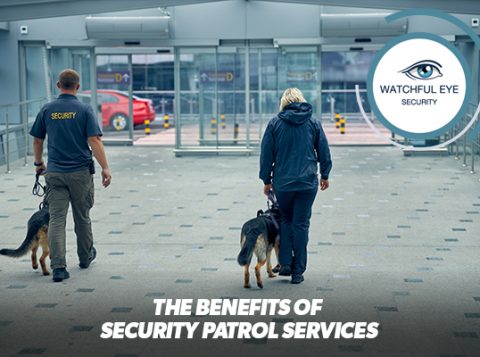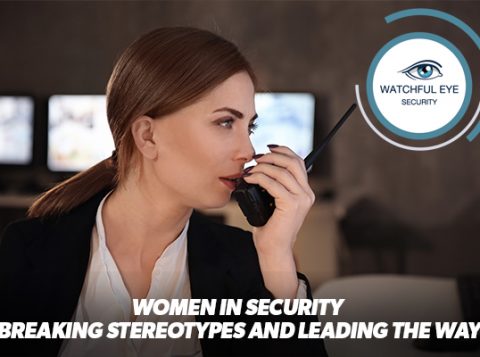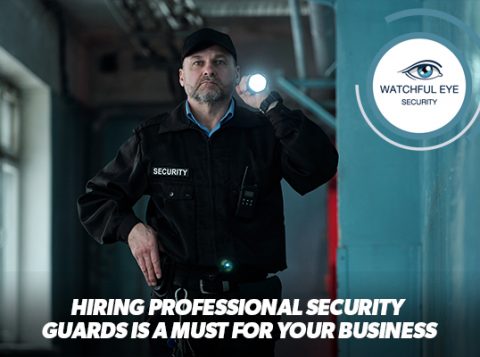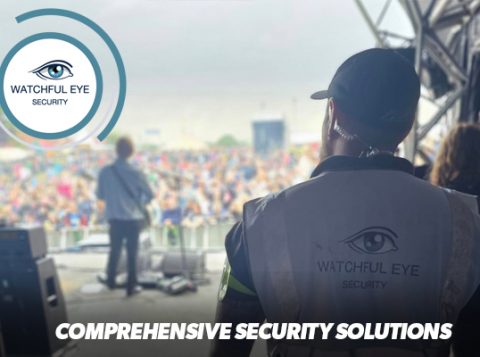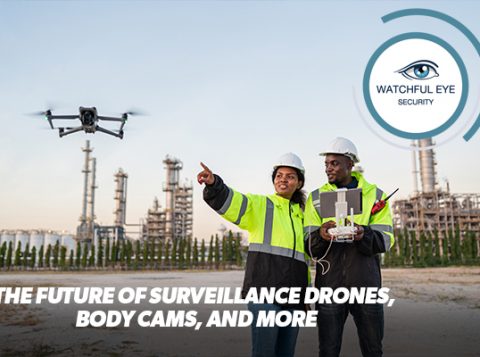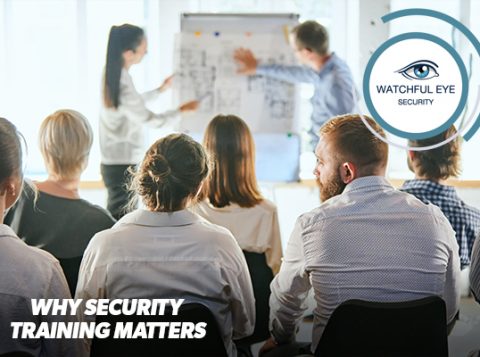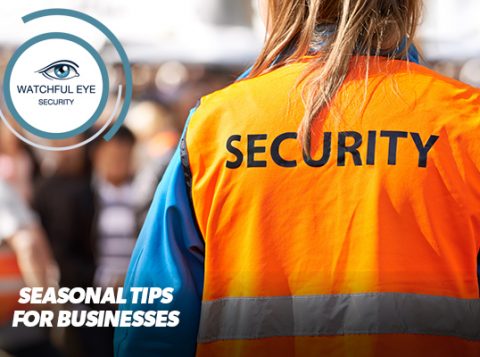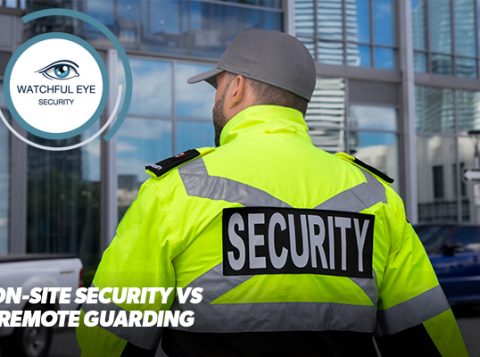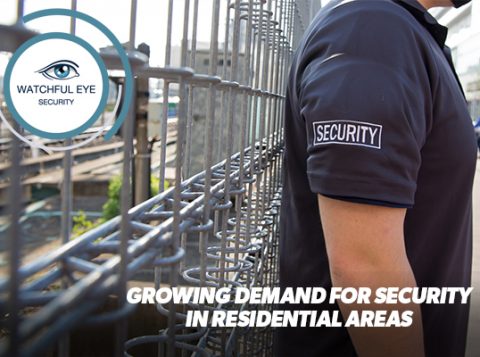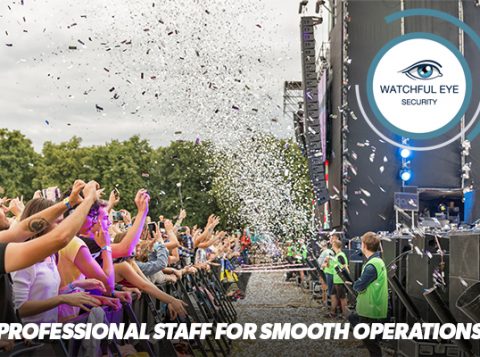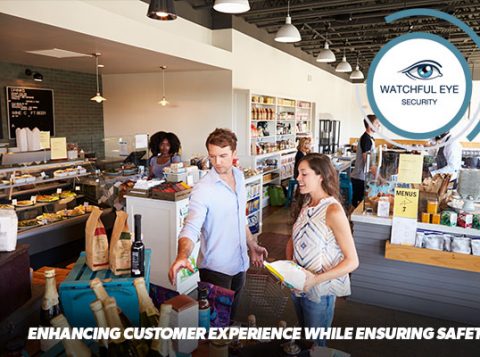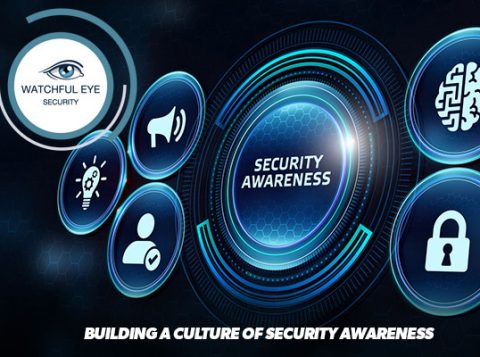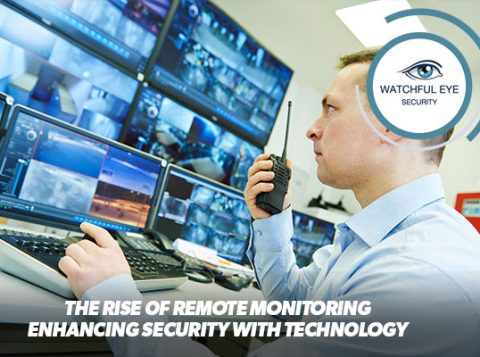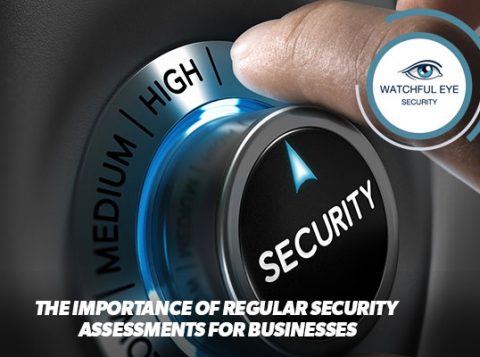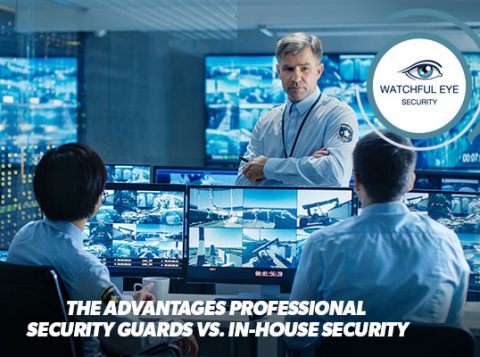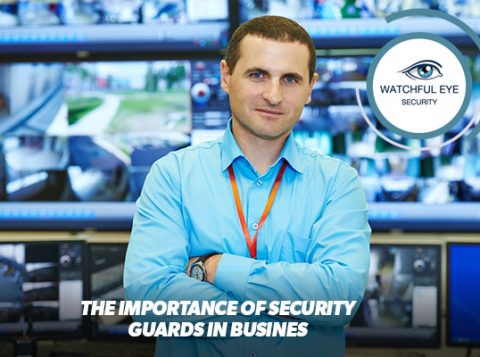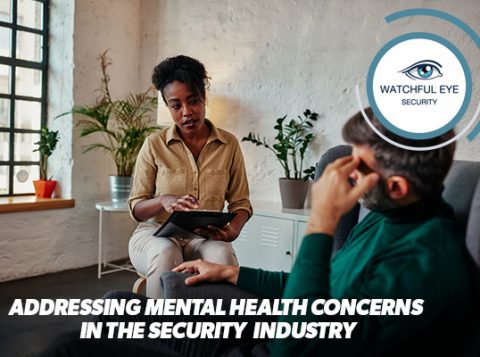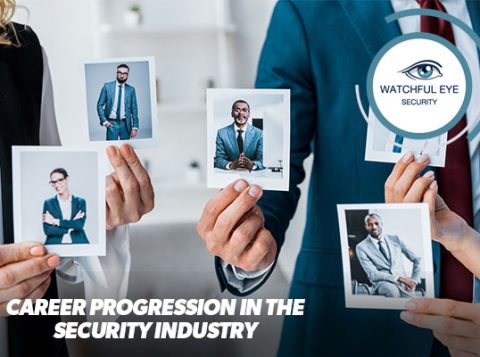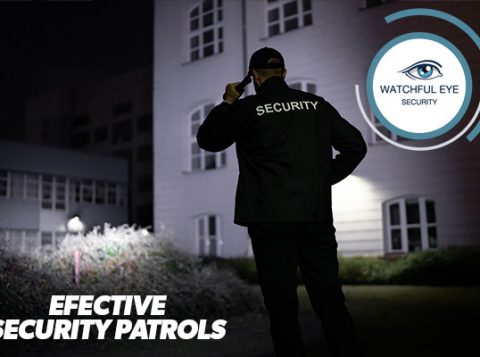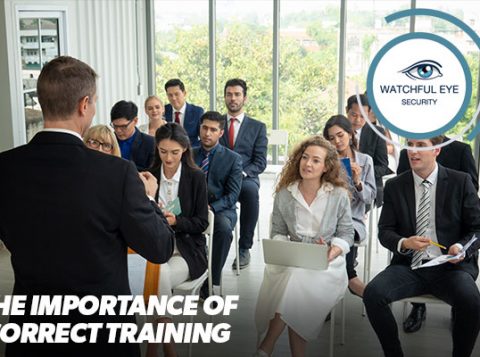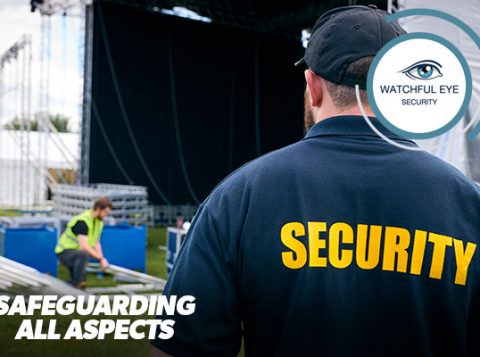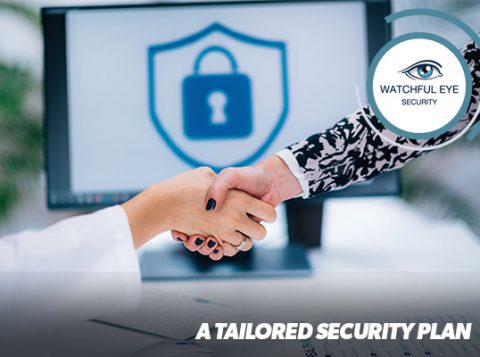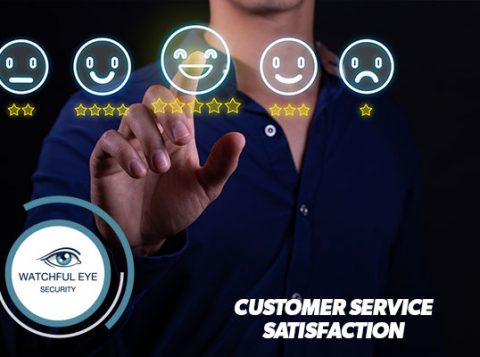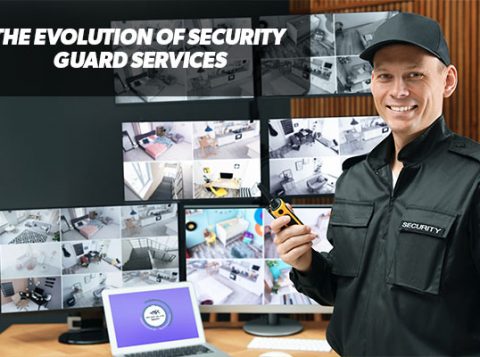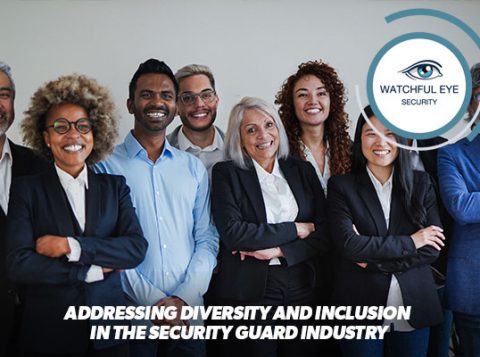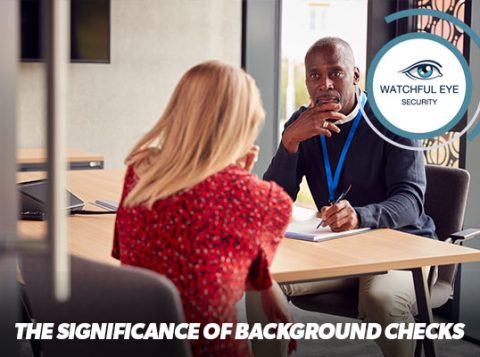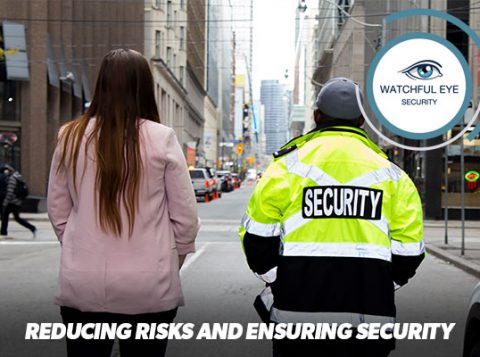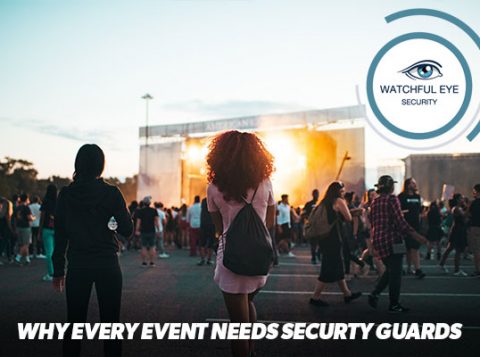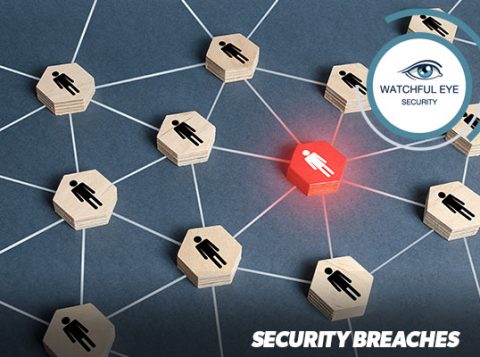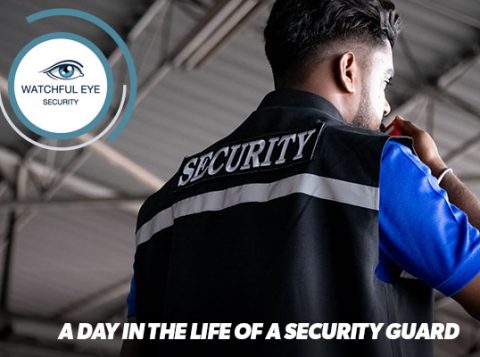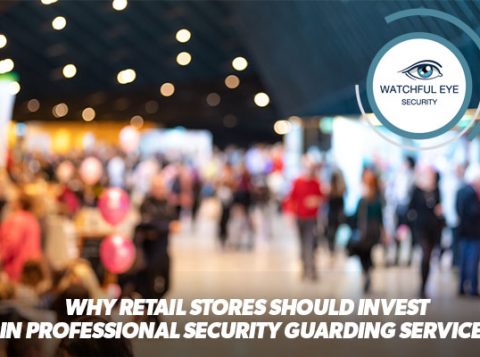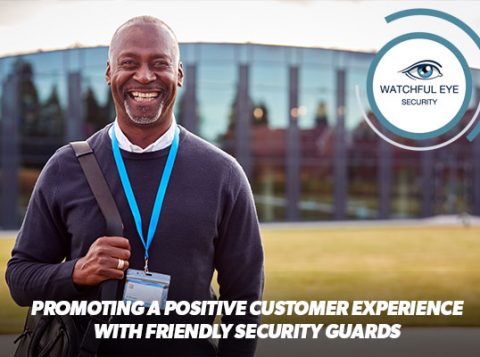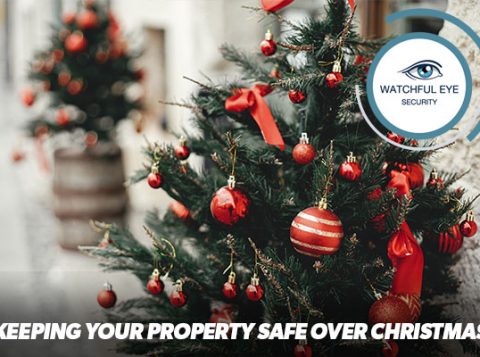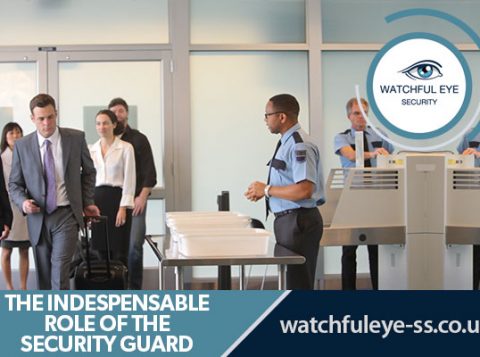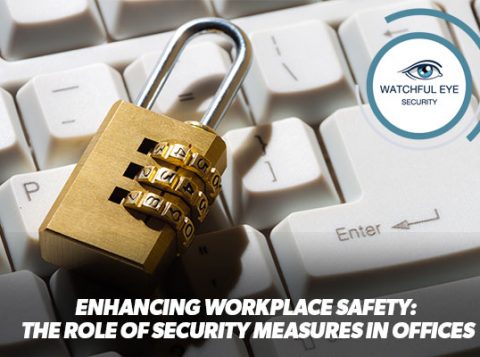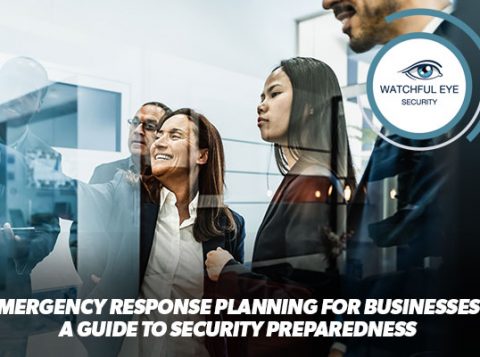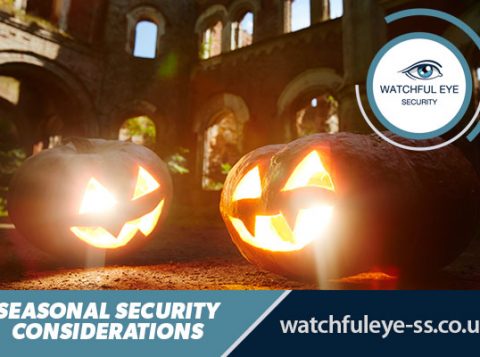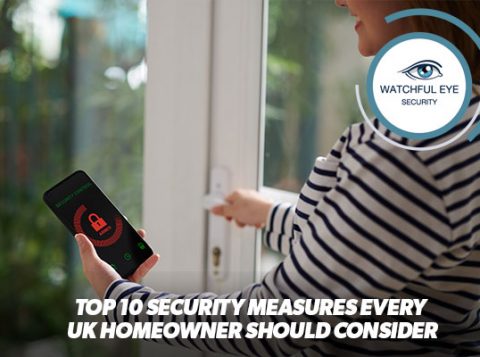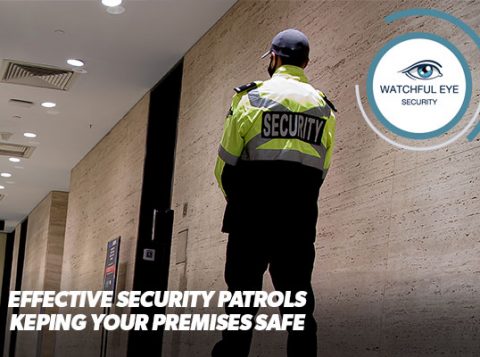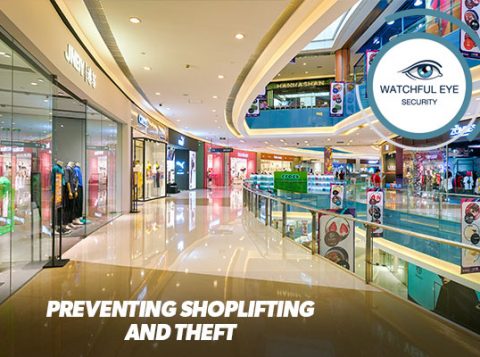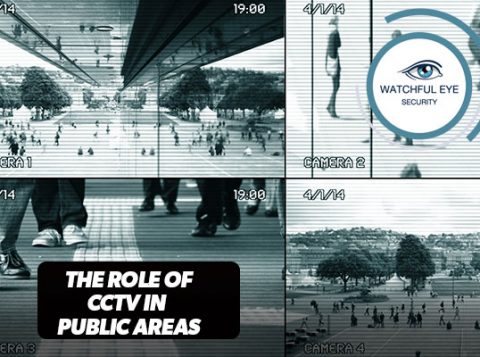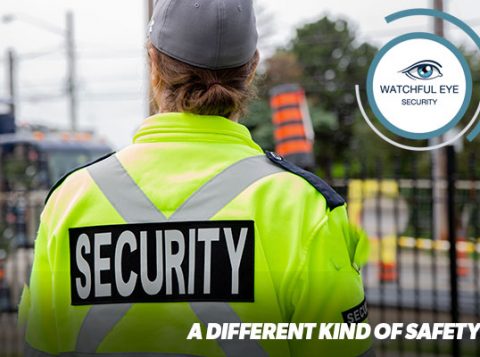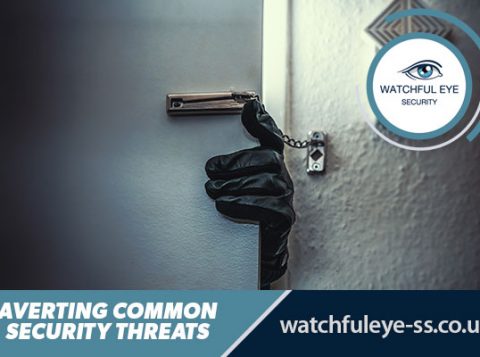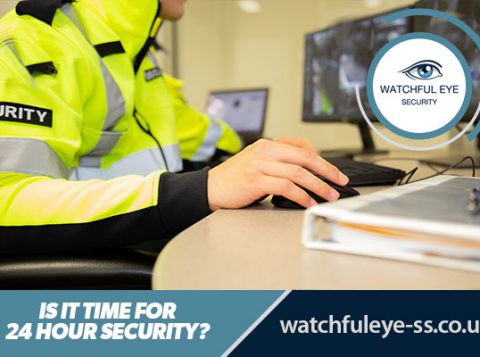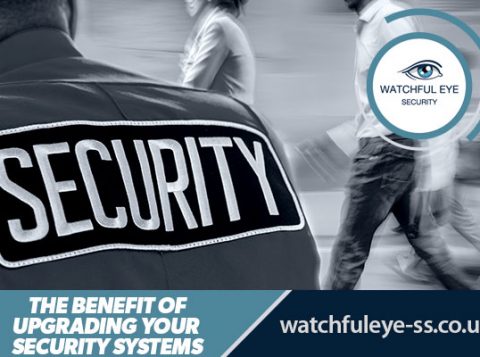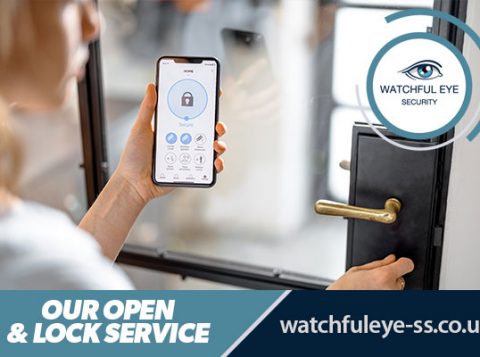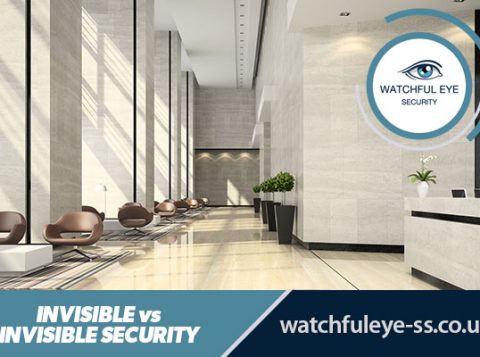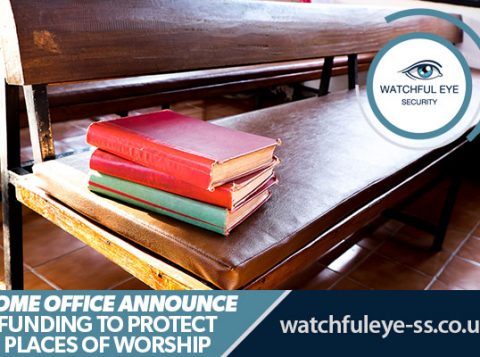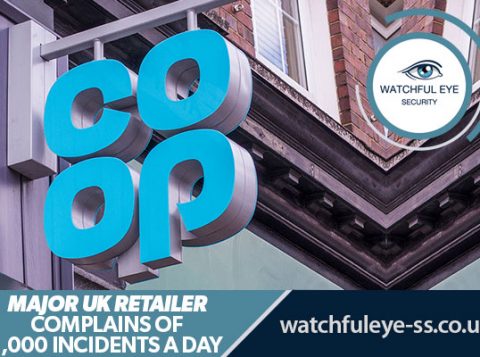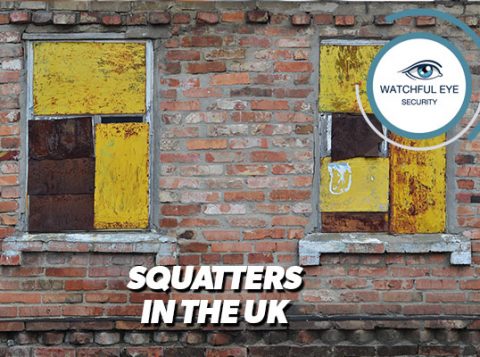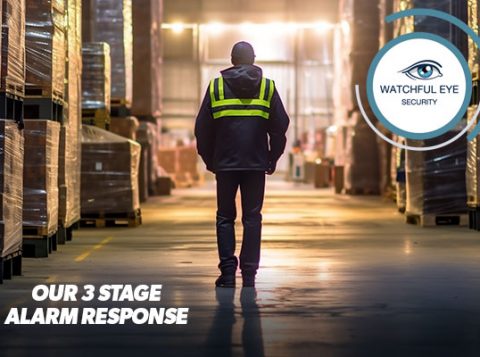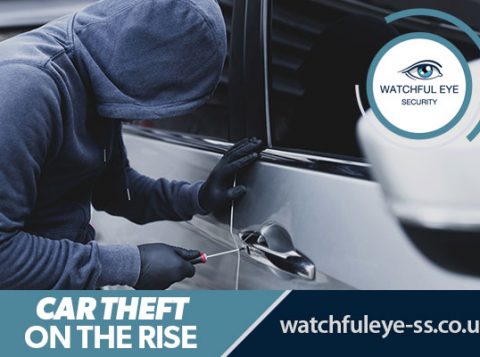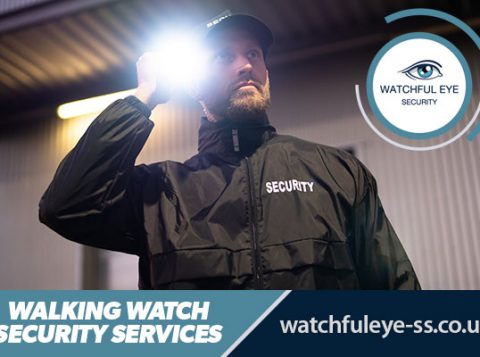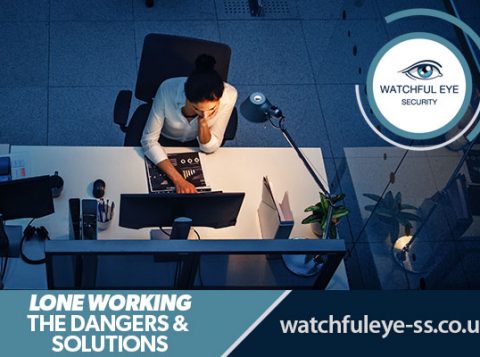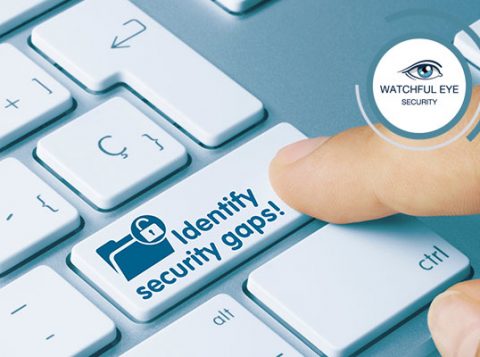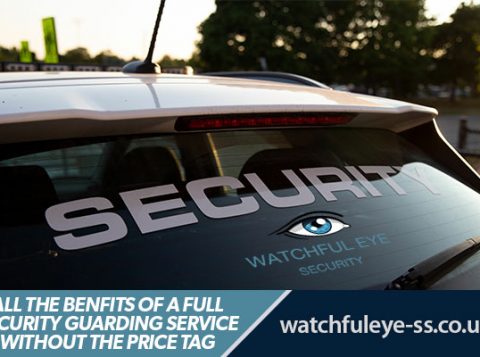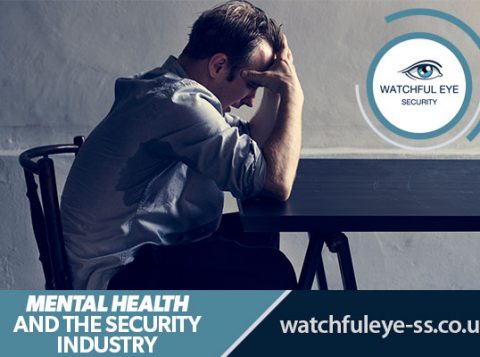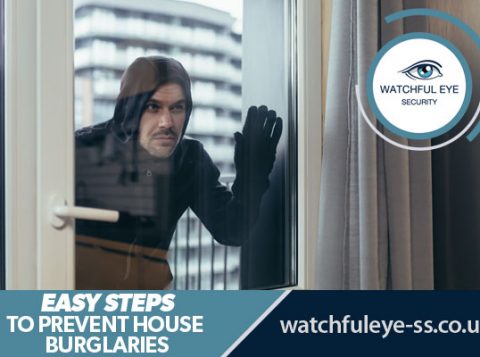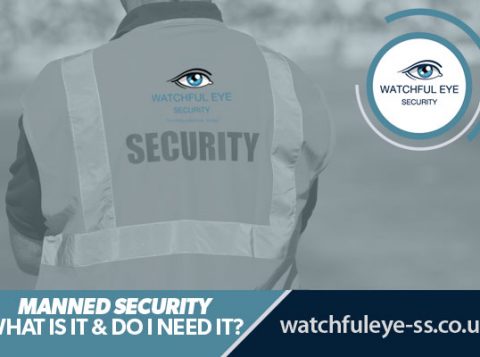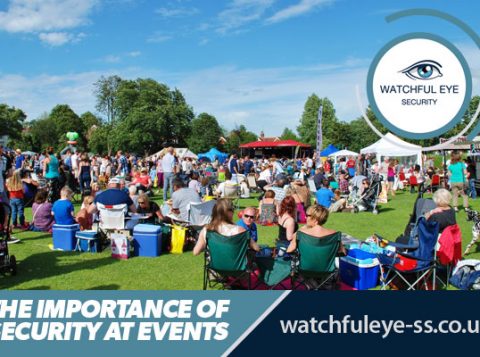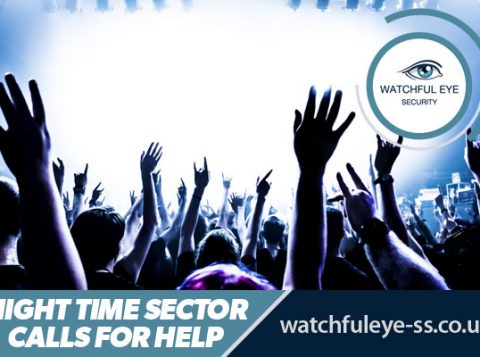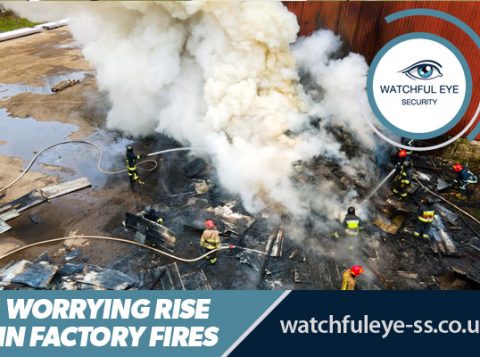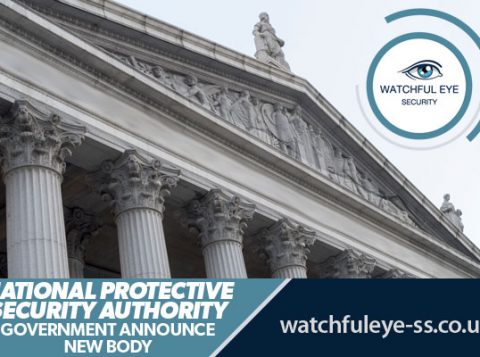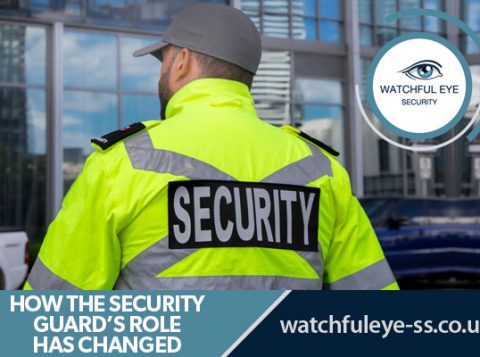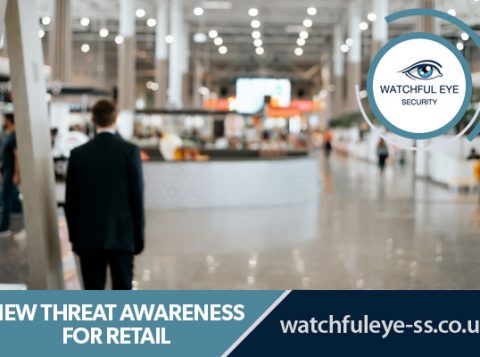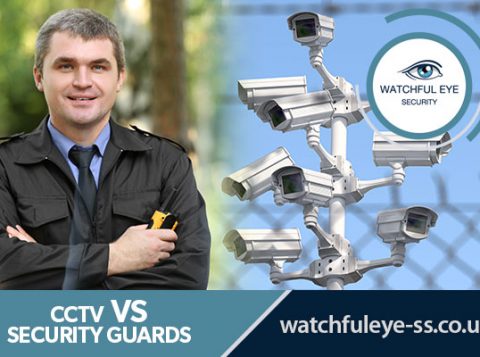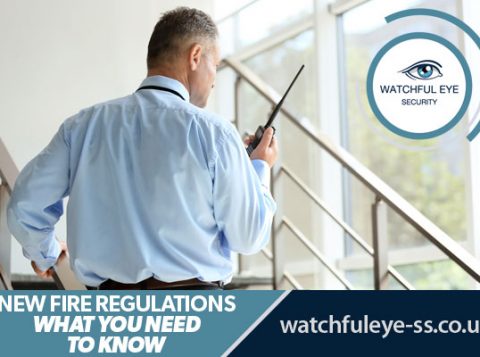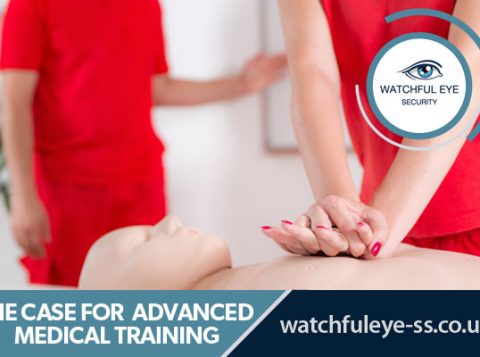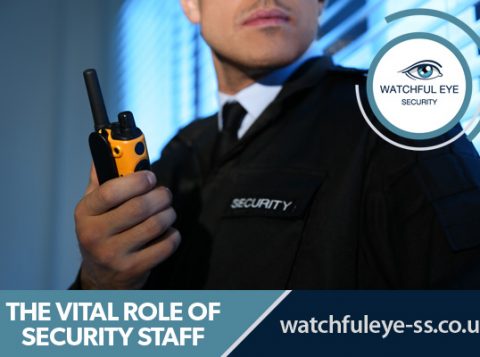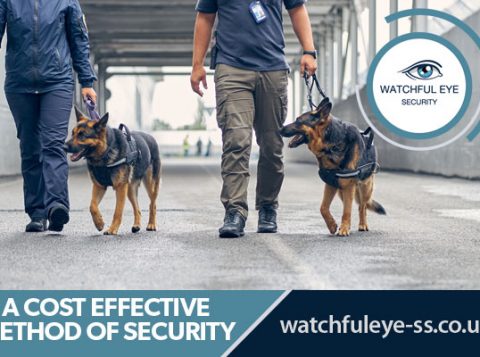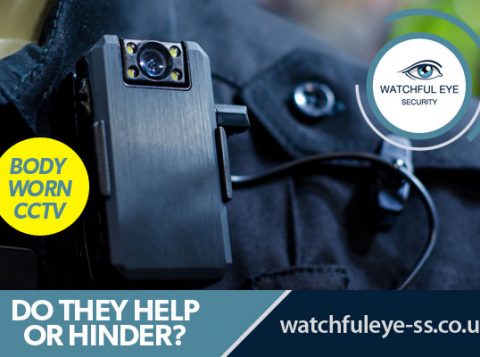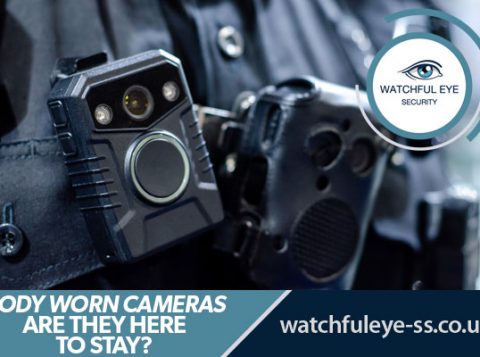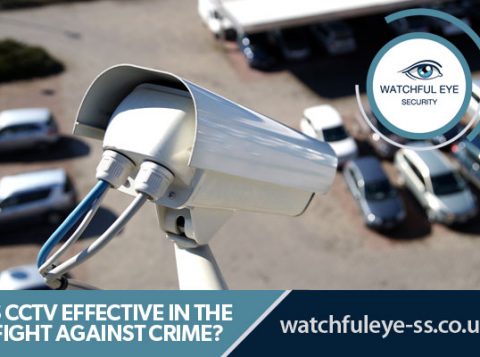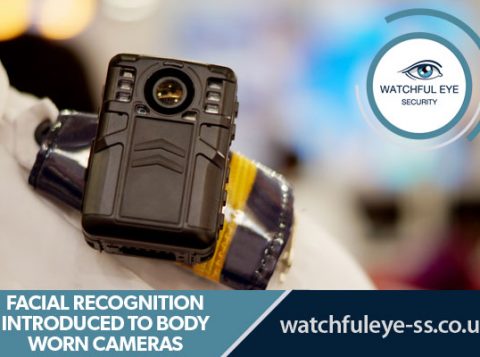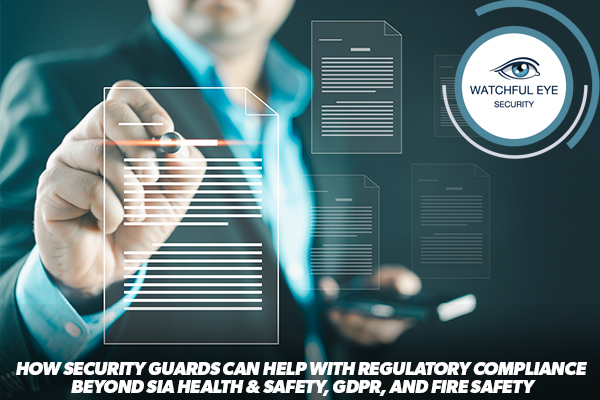
How Security Guards Can Help with Regulatory Compliance Beyond SIA: Health & Safety, GDPR, and Fire Safety
How Security Guards Can Help with Regulatory Compliance Beyond SIA: Health & Safety, GDPR, and Fire Safety
When people think of security guards, the first thing that comes to mind is protecting property, preventing theft, or managing access control. But in today’s regulatory landscape, professional security personnel do much more than that. Beyond their Security Industry Authority (SIA) responsibilities, security guards play a key role in helping organisations stay compliant with a range of regulations — including Health & Safety, GDPR, and Fire Safety standards.
Let’s explore how.
Health & Safety Compliance
Security guards are often the first line of defence in maintaining a safe environment for employees, customers, and visitors. Their daily duties naturally overlap with health and safety regulations, and their presence can significantly reduce workplace risk.
How Security Guards Support Health & Safety:
Incident Prevention & Reporting: Trained guards identify hazards such as spills, obstructions, or unsafe behaviour, and report them promptly before accidents occur.
Emergency Response: In the event of an incident, guards can provide immediate first aid, manage crowd control, and guide people to safety.
Enforcing Safety Protocols: Guards ensure that PPE requirements, visitor check-ins, and safety procedures are followed consistently.
24/7 Monitoring: Security personnel monitor CCTV and alarm systems, helping ensure compliance with safety monitoring requirements even outside of normal business hours.
By being proactive, guards not only help reduce the likelihood of accidents but also help organisations demonstrate due diligence under the Health and Safety at Work Act 1974.
GDPR and Data Protection
Security isn’t just physical — it’s digital and informational, too. The General Data Protection Regulation (GDPR) requires organisations to safeguard personal data, and that includes physical security measures to prevent unauthorised access to sensitive information.
How Security Guards Support GDPR Compliance:
Access Control Enforcement: Guards verify IDs, manage visitor logs, and restrict access to sensitive areas, ensuring that only authorised personnel enter data-sensitive zones.
Secure Handling of Visitor Information: Professional guards understand the importance of protecting personal data collected through sign-in sheets or digital systems.
CCTV Compliance: Guards who monitor CCTV are trained to follow GDPR guidelines, such as not disclosing footage without proper authorisation and retaining data only for approved timeframes.
Data Breach Response: In case of a physical breach or theft involving personal data, security staff can act quickly to contain and report incidents in line with GDPR protocols.
By maintaining strict physical security and data access protocols, guards become a vital part of an organisation’s overall information governance framework.
Fire Safety and Evacuation Procedures
Fire safety is another critical area where security guards play an essential role in both prevention and response.
How Security Guards Support Fire Safety Compliance:
Regular Patrols & Inspections: Guards can check that fire exits are unobstructed, fire doors are functional, and extinguishers are in place.
Alarm Testing & Monitoring: Many guards assist in weekly fire alarm tests and ensure systems are operating correctly.
Evacuation Coordination: In the event of a fire, trained guards can direct occupants to assembly points, account for personnel, and liaise with emergency services.
Record Keeping: Maintaining accurate logs of fire drills, alarm activations, and safety checks supports compliance with the Regulatory Reform (Fire Safety) Order 2005.
This proactive involvement strengthens an organisation’s fire risk management and ensures readiness in the event of an emergency.
The Bigger Picture: A Holistic Approach to Compliance
When security guards are properly trained and integrated into an organisation’s compliance strategy, they provide more than protection — they deliver operational assurance. Their unique position on the front line allows them to spot issues early, support audit processes, and foster a safety-first culture.
Regulatory compliance isn’t just about ticking boxes — it’s about protecting people, property, and data. Security guards, when empowered with the right training and awareness, can be instrumental in achieving this goal.
By recognising their role beyond SIA licensing — in Health & Safety, GDPR, and Fire Safety compliance — organisations not only enhance security but also strengthen their reputation for responsibility and professionalism.
